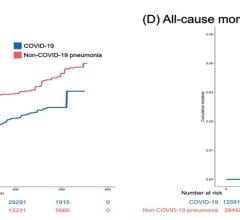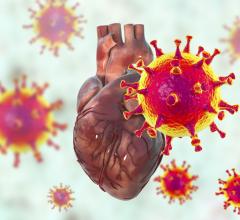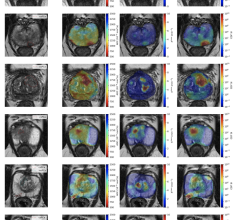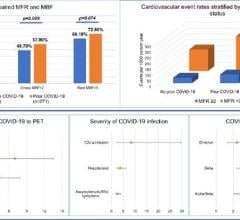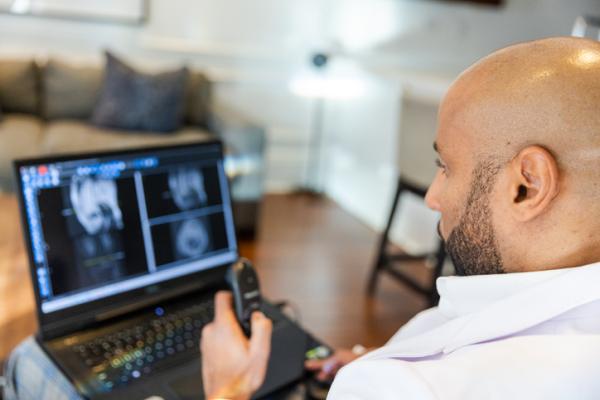
Getty Images
July 7, 2022 — Telemedicine has expanded rapidly since the beginning of the pandemic and is being increasingly adopted in the medical world to treat neurological, respiratory and cardiovascular diseases, says GlobalData, a leading data and analytics company.
Telemedicine is the use of electronic communication, such as videoconferencing or phone calls, for the delivery of remote clinical care via virtual consultations.
According to GlobalData’s report, ‘Virtual Care and Telemedicine – Thematic Research’, there will be a steady increase in new telemedicine product launches over the next couple of years, with 257 devices entering the market in 2023 compared to 71 in 2021. As an example, Wise Therapeutics expects to launch ABM-01, a digital therapeutic designed for the management of generalized anxiety disorder and social anxiety disorder in adults.
Post-pandemic, telemedicine is here to stay as it provides the opportunity to respond to patients’ health needs in an agile and efficient way for many indications. GlobalData’s recent survey supports this outlook as *59% of patients confirm that they will continue to have some type of remote interaction with their physician in the future, either by video call or by the use of applications.
Elia Garcia, Medical Analyst at GlobalData, comments: “It is expected that with the development of digital solutions focused on neurological diseases including mental health, more users will have access to mobile applications to help them improve their well-being.”
Some of the main features offered by these applications include guided meditations with breathing signaling, exercises to improve mental dexterity, video therapies, quality of sleep analysis, tracking new healthy habits and sound stimulation for relaxation and mood improvement.
In 2021, approximately 7% of the US population were diagnosed with major depressive disorder, according to GlobalData. In order to address this increase, new therapies for mental health have been developed for digital platforms, such as digital cognitive assessments for the early diagnosis of cognitive impairment, guidance options to calm the mind, online psychology services, guided meditation, tools to improve daily routines, habits and goals and sleep quality tracking.
Garcia continues: “These therapies will allow patients to record their progress, have direct communication with physicians and have quick access to automated advice that supports health preservation.”
Michigan State University has been working on the development of an AI application that assesses the user’s linguistic patterns, facial expressions and words to predict the risk of Alzheimer’s disease.
Garcia adds: “This is an example of how the digital health segment is growing in response to changes in consumer behavior brought on by a pandemic and the legacy this has left with more applications being developed to detect the early signs of mental health disorders, track the progress of therapies and improve them.”
* Data taken from GlobalData’s poll on patient-physician interaction change due to the pandemic based on 209 respondents
For more information: https://www.globaldata.com/
Related Telemedicine Coverage:
VIDEO: The New Normal of Home Workstations, Teleradiology and Remote Reading
Telemedicine During COVID-19: Video vs. Phone Visits and the Digital Divide
California Physicians Weigh In On Telemedicine
Just Consider the Possibilities

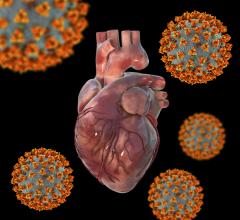
 March 20, 2024
March 20, 2024 

